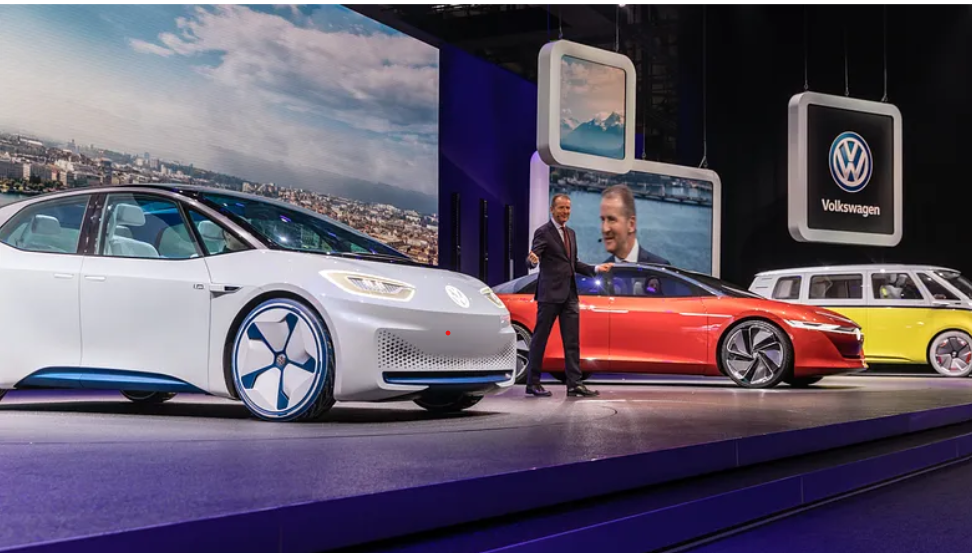Since the coronavirus pandemic, automakers have struggled with shortages of critical parts that have prevented them from producing as many vehicles as consumers wanted to buy. In 2023, the U.S. auto industry rebounded, with many car companies reporting double-digit sales gains. According to Motor Intelligence, sales of new cars in the U.S. reached 15.6 million vehicles in 2023, a 12.4% increase from the prior year.
General Motors, with 2.6 million vehicles sold in the U.S. in 2023, retains its crown as the nation’s largest car seller, with sales increasing 14% over the prior year.
Toyota Motor follows with about 2.3 million vehicles sold. U.S. sales increased nearly 7% in 2023, lifted by sales of plug-in models.
Ford finished third in overall U.S. sales. The automaker reported sales of nearly 2 million vehicles in 2023, a 7.1% increase from the previous year. Stellantis, the parent company of Chrysler, Jeep, and Ram, was one outlier, reporting a 1% decline in U.S. sales last year. The Detroit company sold 1.5 million cars and trucks in 2023; however, it plans to introduce eight new electric vehicles this year and aims to have battery-powered models account for half of its North American sales by the end of the decade.
Besides Stellantis, all the automakers are rushing to build new U.S. factories and expand manufacturing output, in part to support their transition to EVs. However, several of them have lowered their production projections, delaying some of their planned investments last year. Dealers say that high sticker prices on EVs, along with a lack of public chargers, have made buyers hesitant to make the switch from gas-engine vehicles.
Electric-car pioneer Tesla reported global vehicle deliveries of 1,808,581 EVs worldwide in 2023 on Tuesday, slightly ahead of analysts’ expectations. However, despite steep price cuts, Chinese automaker BYD surpassed Elon Musk’s company in the fourth quarter as the world’s largest EV seller.
Rivian’s EV vehicle sales for the fourth quarter fell 10% from the third quarter, despite an increase in factory output. The automaker, a rival of Tesla, delivered 50,122 EVs last year, missing Wall Street’s expectations. A number of popular electric vehicles, including Ford’s Mustang Mach-E and some Tesla models, lost their eligibility for the tax credit on January 1. The Biden administration recently stated that vehicles assembled using battery parts from “a foreign entity of concern,” including China, aren’t eligible for a $7,500 tax credit starting this year.
2024 could prove more challenging for automakers as stock levels continue to rise and higher interest rates stretch more U.S. car buyers financially. Edmunds, a market researcher, expects the industry to sell 15.7 million vehicles this year, a very modest increase from the 15.6 million sold in 2023. Challenges can also arise from the Unions. On Thursday, a group of 33 senators urged Tesla and 12 other automakers to remain neutral in ongoing efforts by the United Auto Workers (UAW) to organize U.S. auto plants. The letter sent to all the executives urges them to pledge not to interfere in any organizing activities. The five weeks of walkouts, which ended at midnight on October 19, cost the auto industry over $9.3 billion, according to an analysis by economic consultants Anderson Economic Group. “Every autoworker in this country deserves their fair share of the auto industry’s record profits,” UAW President Shawn Fain said in a statement, opening the possibility of strikes also for foreign automakers.












